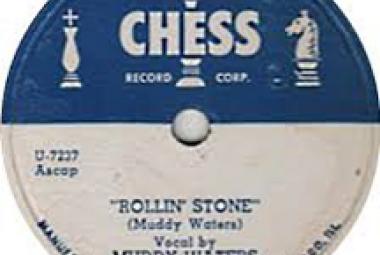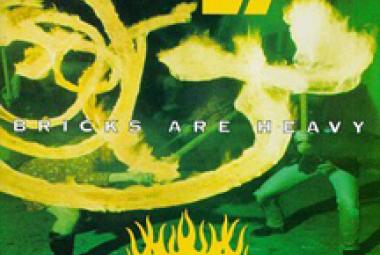For his part, Kim Fowley downplays the band’s role in his own life and career – it was just one more stop along the way. From a 2010 interview by Chris Estey for the Seattle radio station KEXP – who practically opened his interview with Kim Fowley by gushing, “I don’t know what rock and roll would have done without you” – Kim Fowley recalls: “Anyways, the Runaways wasn’t my career. So I had a career in rock and roll from 1959 to 1975, and that’s when the Runaways started. And when I completed my work, I was gone by late ’77 or early ’78. And that’s 32 years ago. I’ve lived in 39 American cities, 22 overseas countries. I’m a cancer survivor; I lived with positional vertigo; a Polio survivor. I’ve had a lot going on in my life, and the Runaways is no more important to me than you reminiscing about your fourth grade classroom. Some of the songs are good, and some of the records are good, but it’s not the obsession of my life.”
Remarkably, a movie about the Runaways was made in 2010 called The Runaways, starring Kristen Stewart and Dakota Fanning; it is based on Cherie Currie’s book, Neon Angel: A Memoir of a Runaway. Michael Shannon appears in the film as Kim Fowley; about Shannon’s performance, Fowley told Chris Estey: “He’s a genius. He’s the new Christopher Walken. And I’m privileged that he was able to get enough of me to make it watchable. It transcended the printed page. He’s working with Martin Scorcese on his Broadway project, that’s what he’s doing now. This guy’s like John Garfield or Humphrey Bogart playing you. I mean, wouldn’t you like that?”
* * *
In the Chris Estey interview, Kim Fowley describes his early show-biz work in his usual name-dropping and self-promoting fashion (not that there is anything wrong with that): “[M]y first major job in the business was working in the publicity, and press, and background music, media, for Doris Day’s production company; and I was the boy genius in the office. The two movies that I worked on were Please Don’t Eat The Daisies and Pillow Talk. I brought Bruce Johnston in as a songwriter, and stayed with him his entire career. He wrote ‘I Want to Teach the World to Sing . . . ’, whatever that was, the Barry Manilow classic [‘I Write The Songs’]. And then all those songs for the Beach Boys, I can’t remember all the titles.”
* * *
Kim Fowley closes his interview with Chris Estey by contrasting the Hollywood movie about the Runaways with his own film, Black Room Doom; and in his trademark wide-ranging manner, he provides a vision of rock and roll that is so different from the situation today, when many rock bands are lasting for decades and are releasing albums that are designed not to offend any of their fan base:
“And that’s why Black Room Doom is more important to me than The Runaways. It’s a movie, and the premise is that a bunch of girls get together at noon in a recording studio, who have never met each other. And I say, ‘By the end of the day you will have recorded, and you will have danced and sung, and have pizza together. You will finish songs that you have played together, and then at 6 PM you will go home. And that will be your band experience. What do you girls think?’ ‘Let’s try it.’ And it’s a bunch of happy women. And girls. For that afternoon. And when it’s over, the movie’s over. Maybe all bands should form in one day, and at the end of the experience just break up at the end of the day.
“You think I’m kidding, but you go back to the early days of rock and roll, and there used to be people who would show up and play under a phony name, and sing together from other bands, and they all need $25 or $50 so they show up and sing and play. The drummer from one band would be the guitarist from that band, etc. And they would never play again. And they were called ‘One Hit Wonders’. Remember them? What if bands could be one hit wonders? What if you could form a band just for tonight? It would be a great night.
“And I do other things like run a rock and roll workshop, and help a studio, and supply food to musicians and technicians and anybody’s who’s good to come in to make noise if they want to. I don’t care what kind of music it is as long as it’s interesting.”
(January 2015/1)















